The seven-story vertical addition containing apartments and a hotel “was deemed unacceptable by the community and the Alderman due to architectural and traffic concerns,” according to an announcement from the office of Brendan Reilly, whose 42nd Ward encompasses the station.
“As a result, the development team decided to completely revise their vision for the project,” the announcement stated.
The plan for the $1 billion project was unveiled in June at a meeting in Union Station’s Burlington Room by John O’Donnell, the CEO of Riverside Investment & Development.
Amtrak, which owns Union Station, selected Chicago-based Riverside and Convexity Properties in May 2017 to redevelop the station and surrounding property.
Reilly announced that Riverside and Convexity would present revised plans for Union Station at a Sept. 11 meeting, and that the public could have a “direct dialogue with the development team.”
Amtrak would not comment on the project Friday. Spokesman Marc Magliari referred Trains News Wire to Reilly’s office, Riverside and a public relations firm for comment on the scrapping of the plans.
Amtrak would “not offer a characterization” on Riverside’s plan, Magliari said.
But critics of the proposal outnumbered the fans by an overwhelming margin. As reported by News Wire, the modern addition atop the neoclassical head house has been lambasted in newspaper pages, on blogs, and on social media.
Union Station, with its multi-columned exterior, was completed in 1925. It was designed by Daniel Burnham and successor firm Graham, Anderson, Probst & White.
The Riverside plan called for the proposed glass structure to contain 404 apartments. Below, in the existing building, 330 hotel rooms would be built.
Architecture critics said the two designs were incongruous. Writing in The Architect’s Newspaper, Elizabeth Blasius described the addition as “a self-inked address stamper.”
Blair Kamin, Pulitzer Prize-winning architecture critic for the Chicago Tribune, said the addition has “none of the grandeur of Union Station (but) all the grandeur of a Holiday Inn.”
On the Facebook page Chicago Railroad Historians, the oft-repeated comment was “an abomination.”
One commenter said it was “Putting a streamlined dome on a heavyweight Pullman.”





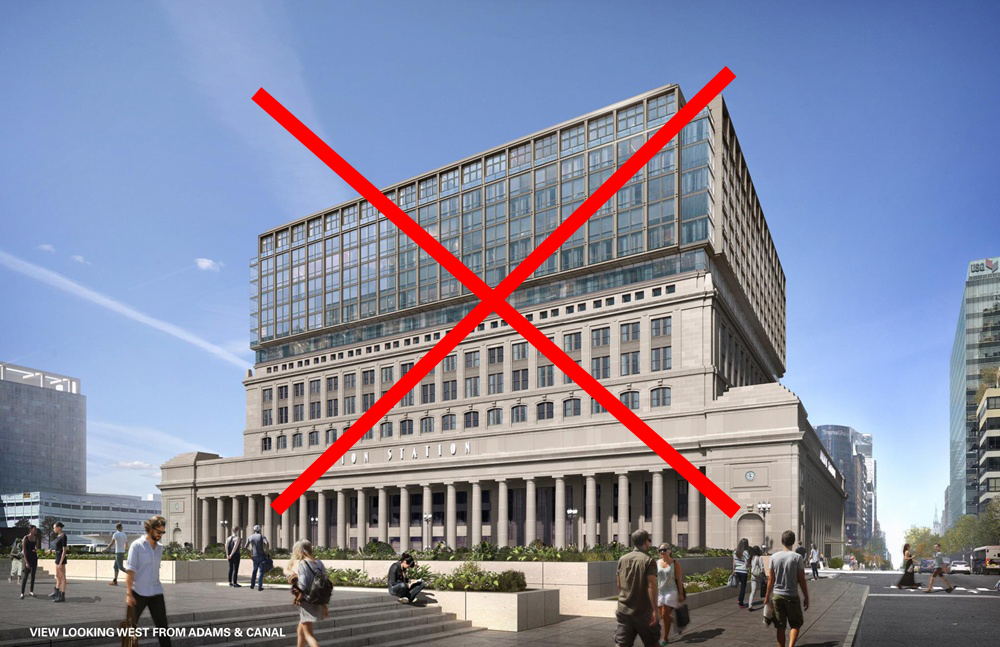

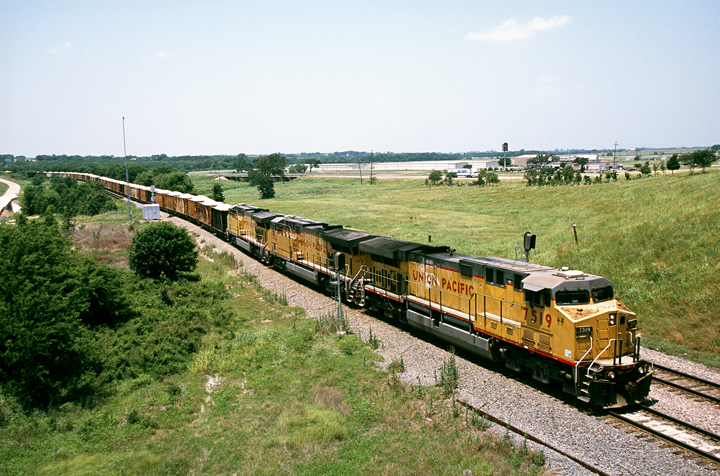
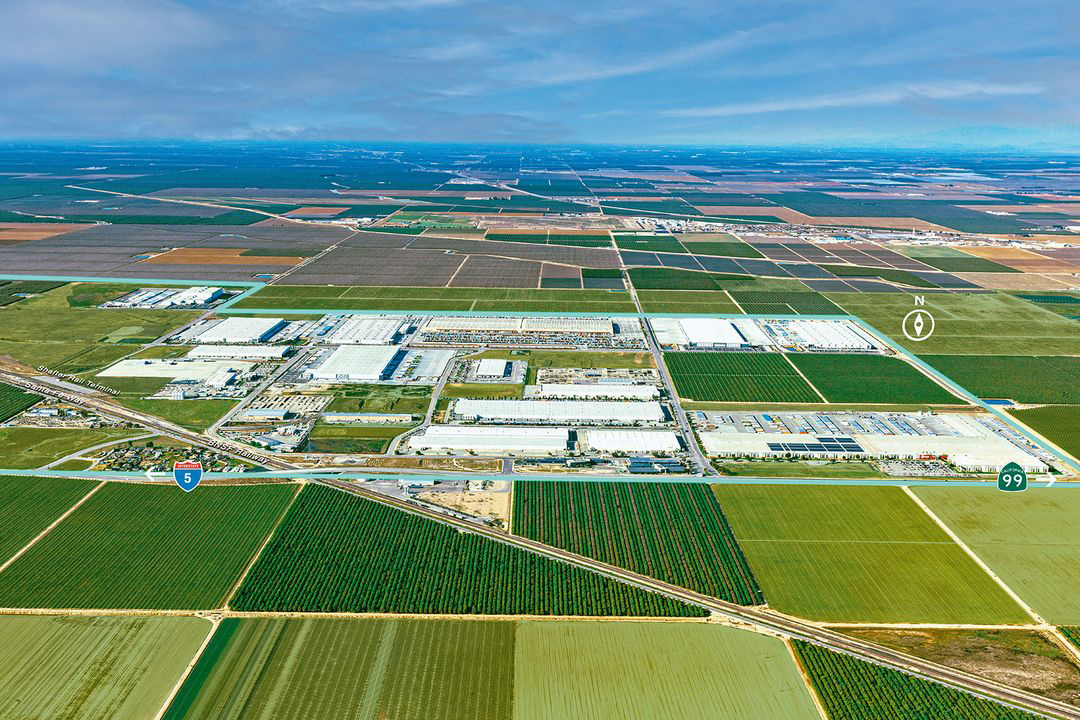
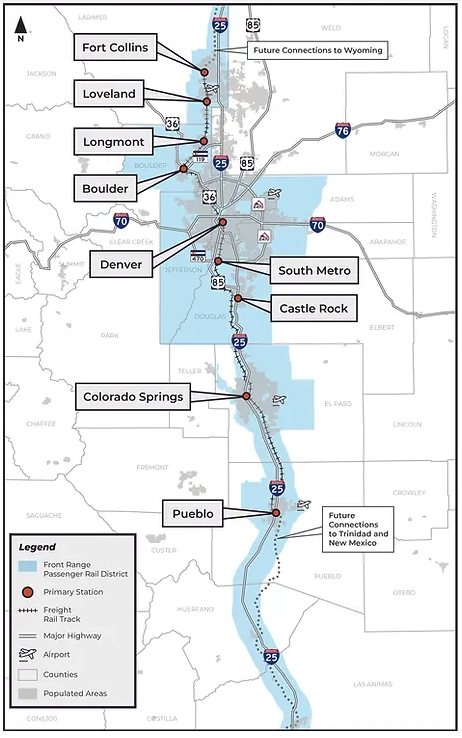
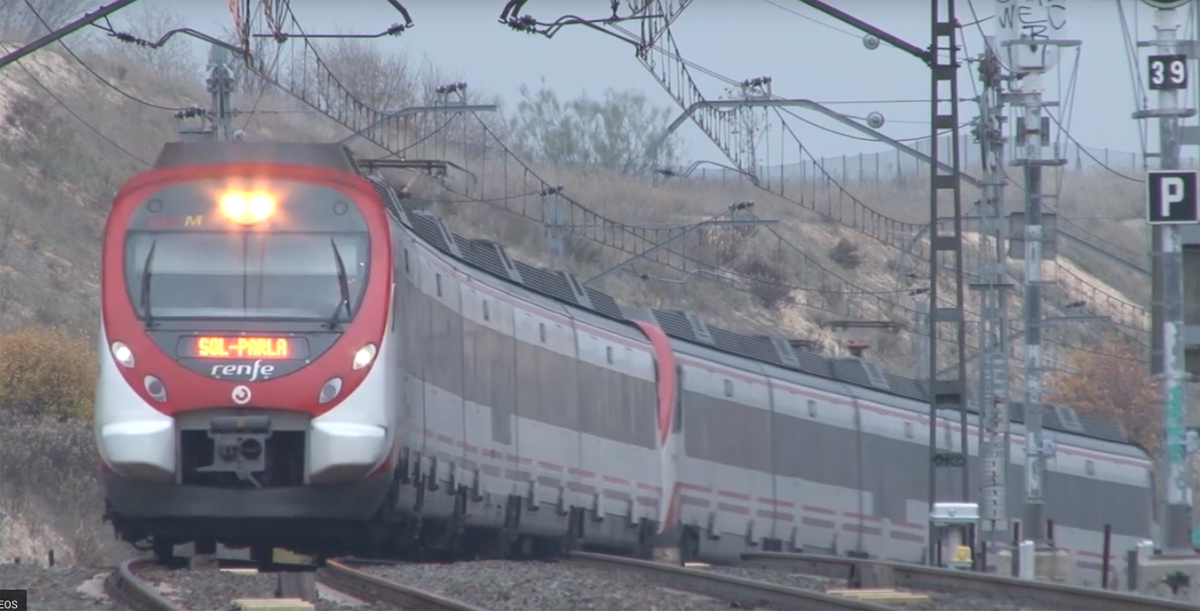




If Burnham had a plan, surely it can be found and evaluated for implementation. Whatever they do, they need to keep the exterior architecture the same.
Let’s hope any “upgrading” of CUS harmonizes with the present architecture !
With all the land that can be developed around CUS,this stinker of an idea was doomed anyhow.
They should try development of a retail first floor office tower with residential above somewhere else around the station. Lot’s of parking lots around here that land could be acquired for just a structure.
I agree with Patrick Cunningham. Depression-era financial complications truncated the planned 20+ story tower to the current seven, reducing the real estate revenue potential of the facility. It should be done, if it can be done right.
PATRICK CUNNINGHAM, What did Santa Fe do to it’s F7s?
Joe Kurland, the Santa Fe rebuilt a lot of its streamlined F7’s as CF7 roadswitchers. Often considered one of the ugliest engines in railroading…but still fairly durable and reliable.
As far as the station goes, that design was just ridiculous. Perhaps they should look into adding the Santa Fe’s original design, if possible?
Thank goodness!
Good sense prevailed for once and prevented another architectural abomination. Good taste is becoming more and more a thing of the past, unfortunately, in our current “anything goes” society..
Burnham designed the Union Station office building to be built taller. I would expect that he had some plans for that drawn up. Why not pay homage to Burnham and build the exterior as it was planned? The interior can certainly be modern, but don’t do to Union Station what was done to Soldier Field. Or what the Santa Fe did to its F7s…